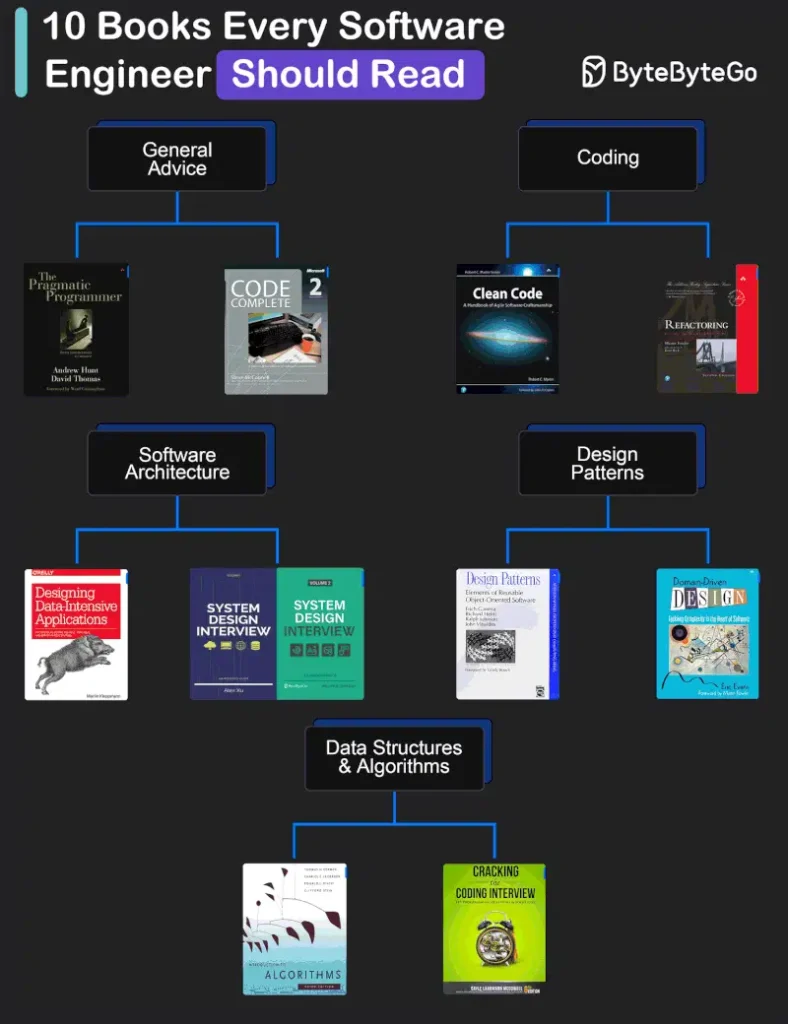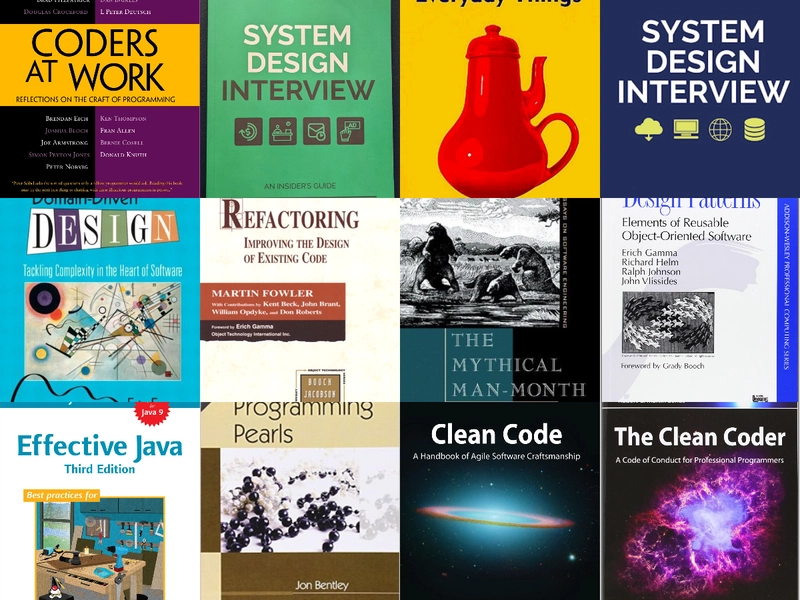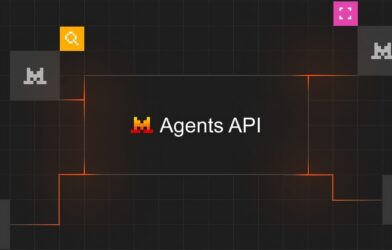There’s an old saying: if you only learn from your own mistakes, you’ll only learn a few things. But if you learn from others’ mistakes, you can learn a great deal in a short time. And what better way to absorb the hard-earned wisdom of experienced developers than by reading books?
Programming is a field that demands continuous learning. However, there’s no universal roadmap to becoming a great developer. Many computer science programs fall short in preparing students for real-world challenges, and not every graduate lands a job at a company that offers solid mentorship or training.
That’s where books come in. Books are a reliable, time-tested way to grow as a software engineer. While online courses and mentorship are also valuable, nothing compares to the depth and insight a well-written programming book can provide.
Looking back, I still regret not discovering Clean Code earlier in my career. The right book at the right time can transform your approach and accelerate your growth. The books on this list don’t just teach you syntax or a specific programming language. Instead, they help you think like a developer, structure your work better, and elevate your craft.
What makes these books even more appealing is their accessibility—you can read them anywhere, whether on the couch, in bed, or during your commute. Unlike technical guides that require a compiler or IDE, these titles are concept-driven. For example, Java Concurrency in Practice demands hands-on coding to fully understand, while these books can be read passively but still offer profound insights.
Of course, the best way to absorb any programming book is to follow up by coding and experimenting with the ideas yourself.
With that in mind, here are five timeless books that every programmer, developer, or software engineer should read. These titles cover a range of essential topics, from system design to project management, and each one offers valuable lessons drawn from years of experience.
1. System Design Interview: An Insider’s Guide by Alex Xu

System design is one of the most important—and most overlooked—skills in software development. This book, originally intended as a resource for system design interviews, has become essential reading for developers at all stages of their careers.
Alex Xu provides a clear, structured approach to understanding system design, with real-world examples, key concepts, and practical strategies for solving complex problems. Whether you’re preparing for an interview or just want to understand how scalable systems are built, this book is a valuable asset.
There are two volumes, and together they cover a wide range of topics such as scalability, rate limiting, API gateways, microservices, and much more. The insider perspective makes these books especially useful for anyone looking to improve both their interview performance and overall design skills.
2. Domain-Driven Design by Eric Evans

Software is inherently complex, and Domain-Driven Design offers a powerful way to manage that complexity. Eric Evans introduces a methodology that focuses on deep domain understanding to create better, more maintainable systems.
This book is especially valuable for intermediate to senior developers. It emphasizes the importance of combining technical expertise with domain knowledge—something that’s crucial when working in specialized fields like finance, healthcare, or insurance.
Understanding your domain is what enables you to become not just a good coder, but a thoughtful, strategic developer who can design systems that solve real-world problems.
3. Programming Pearls by Jon Bentley

This classic book is a treasure trove of challenging programming problems and elegant solutions. It’s the first book I ever read to prepare for coding interviews, and it made a lasting impression.
Despite being first published in 1999, Programming Pearls remains highly relevant. It focuses on fundamental topics like data structures, algorithms, sorting, searching, and performance tuning. These are the building blocks of computer science, and mastering them is crucial for any serious developer.
Here’s an example of the kind of problem the book presents:
“How would you sort 10 million unique non-negative integers less than 10^7 using only 1.25 MB of memory? What if you had even less memory? And what if duplicates were allowed?”
Working through challenges like these sharpens your thinking and prepares you for real-world problem-solving.
4. Design Patterns: Elements of Reusable Object-Oriented Software by the Gang of Four

Design patterns are essential tools in a developer’s toolkit. Early in my career, I didn’t fully understand their value—until I saw a senior colleague refactor my bloated if-else code into a clean, maintainable state design pattern. It was a revelation.
This book, written by the famous “Gang of Four” (Gamma, Helm, Johnson, and Vlissides), defines 23 foundational design patterns used in object-oriented programming. It’s not a light read, but it’s an indispensable reference that teaches you how to write cleaner, more modular, and more reusable code.
If you prefer a more interactive or visual learning style, Head First Design Patterns is a great companion to this book. And for hands-on learners, combining the theory with a video course can make these patterns much easier to understand and apply.
5. The Mythical Man-Month by Fred Brooks

If you want to understand the challenges of software development at a deeper level—especially project management, team coordination, and scheduling—you must read The Mythical Man-Month.
Fred Brooks draws on his experience managing large software projects at IBM to explore why software projects often run over budget and behind schedule. He offers timeless insights into estimation errors, communication breakdowns, and the human side of building software.
One of the book’s most famous ideas is “Brooks’ Law”: Adding manpower to a late software project makes it later. It’s a must-read for anyone aiming to move into leadership, management, or product planning roles.
These five books don’t just teach you how to code—they help you think like a developer. They’ll expand your knowledge, refine your skills, and give you a clearer understanding of the software development process as a whole.
Whether you’re a junior developer just starting out or an experienced engineer looking to level up, these books are worth your time. Dive in—and let the learning begin.













Comments are closed